So You Wanna F*ck Some T-Boys
If you're cisgender or trans and early in your transition, navigating intimacy with transmasc folks can be daunting. Follow along with J. Carter as he dives into his own journey as a transmasc and nonbinary individual traversing cis-male gay/queer spaces in the city of Los Angeles. J offers unadulterated insight and busts harmful myths, discusses dealing with transphobia, and offers tips on approaching and having successful sexual encounters with T-boys.
**
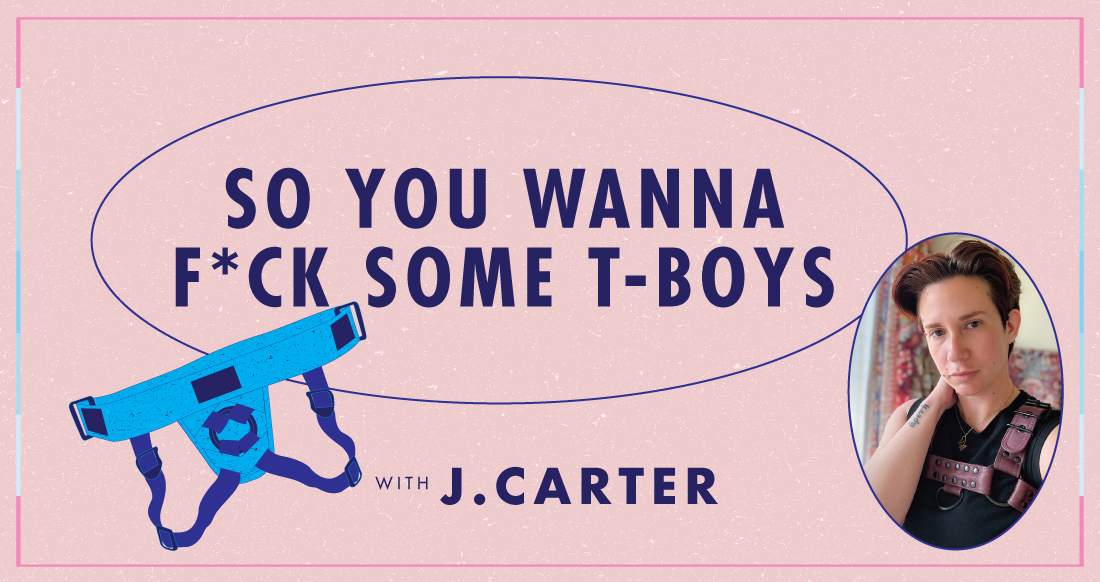
Sex is complicated! It can be even more intimidating for trans folks, especially for someone like me: new to transitioning and navigating predominantly cis-male gay/queer spaces where I am often the only or one of the only people who doesn't have a penis attached to their body. First, there are the challenges of learning how men communicate in all-male environments. It took months for me to figure out that a friend of mine had been flirting with and cruising me the first time we met. When you add on any other layer-such as leather fetish or kink-it can make the waters even murkier.
Navigating the scene
What I've found since entering the predominantly cis-male leather scene is that a lot of communication between men is gestural and then physical rather than spoken. Unlike my experiences in both heterosexual and lesbian spaces-in which flirting often encompasses more verbal communication like witty banter prior to any physical touch-men communicate predominantly through looks which quickly progresses to intimate touching (making out, reaching around, etc.). Sometimes I've seen people get more into banter and flirting, but that often happens after both parties have cruised each other (exchanged looks, a wink, a nod) and then get a bit more physical. This all falls under the category of what people refer to as "cruising."
Observing this was, for me, a realization. As an AFAB person, I've been accustomed and conditioned to a different sort of approach, not that I haven't just seen a person and made out with them at a party before any verbal flirting occurred. It's just never been 'the norm' to me. As a transmasc person in the scene who is not yet anywhere near being passable-my voice hasn't dropped, I barely have 6 or 7 whiskers on my face, haven't yet had top surgery, and I'm about the size of a Hobbit-I have different anxieties about cruising than my friends who are passable. (Note: the idea of "passing" or being "passable" is a whole separate conversation. As a transmasc person, I don't know that it's inherently my goal to pass, though for some people it is. It's complicated.)
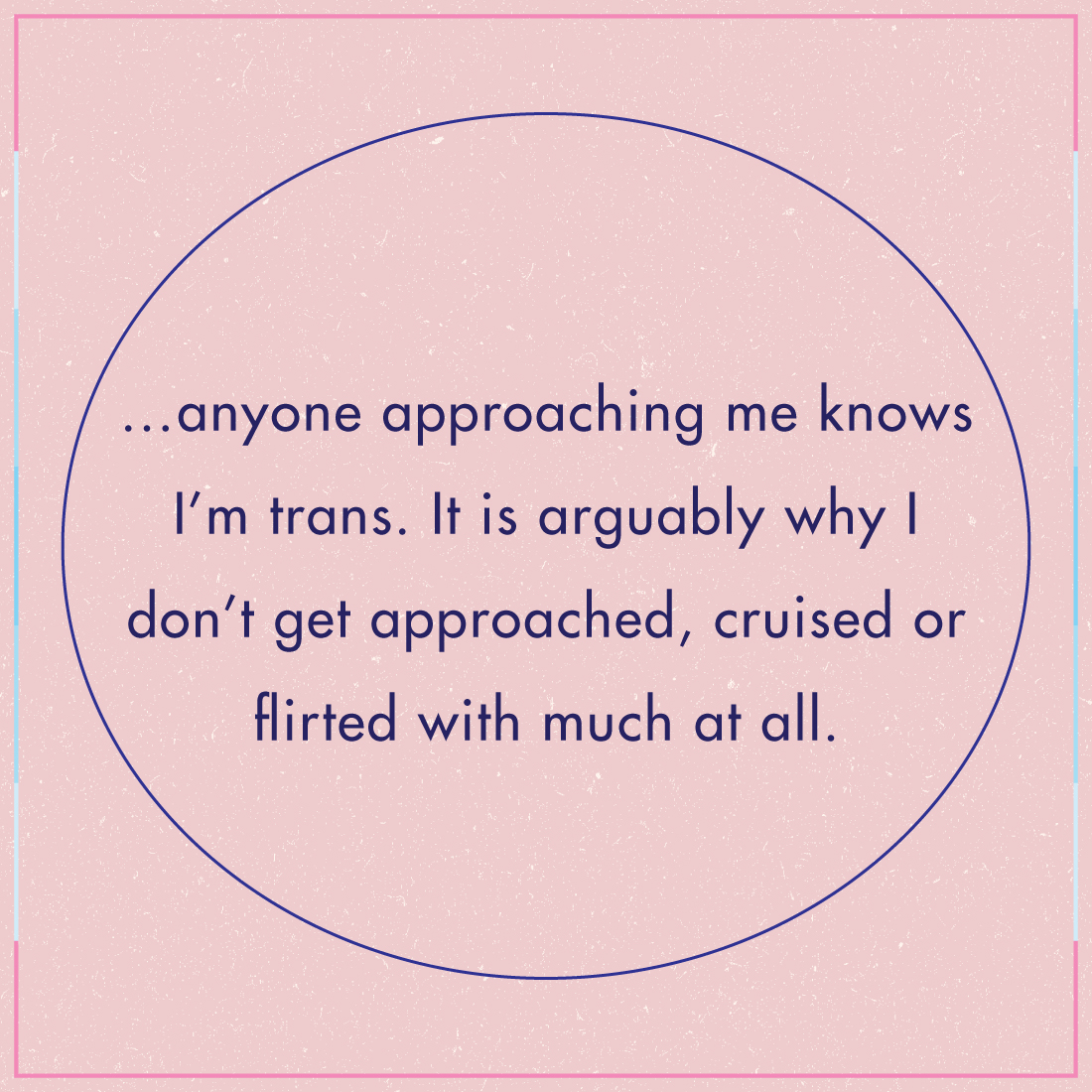
If and when I get cruised at an event, which in and of itself is pretty rare in part because I don't pass and still get read as female, typically the "fag hag friend out with the boys," anyone approaching me knows I'm trans. It is arguably why I don't get approached, cruised or flirted with much at all. I'm not what people are looking for because my external presentation doesn't match what they're attracted to; as painful as that can be for me, I have to accept it. On the other hand, for friends and acquaintances out in the community who appear cis-male on the surface, it's a different story.
One person expressed to me his trepidations and anxieties about how and when to tell a guy that he has a bonus hole and not a pole. "Like… when do I tell people, though? Right in the beginning? Or do I wait until it seems it's going somewhere? And if I wait too long and they're surprised, then what do I do?," he pondered aloud.
Depending on where someone is in their transition, their anxieties, worries and concerns will be different not only in terms of how to approach the topic of trans sex with cis-gendered male people, but also their concerns about their body. In speaking to cis male people in the community, some of whom have expressed interest in and attraction to trans as well as cis men, there still seems to be a lot of myths, misconceptions, and general confusion about trans people and their bodies: how to approach someone, how trans bodies work, what is pleasurable, and more. Hopefully, I can shed a bit of light on this based on the questions I've been asked and the conversations I've had with both trans and cis men out in the L.A. community.
The Period Myth
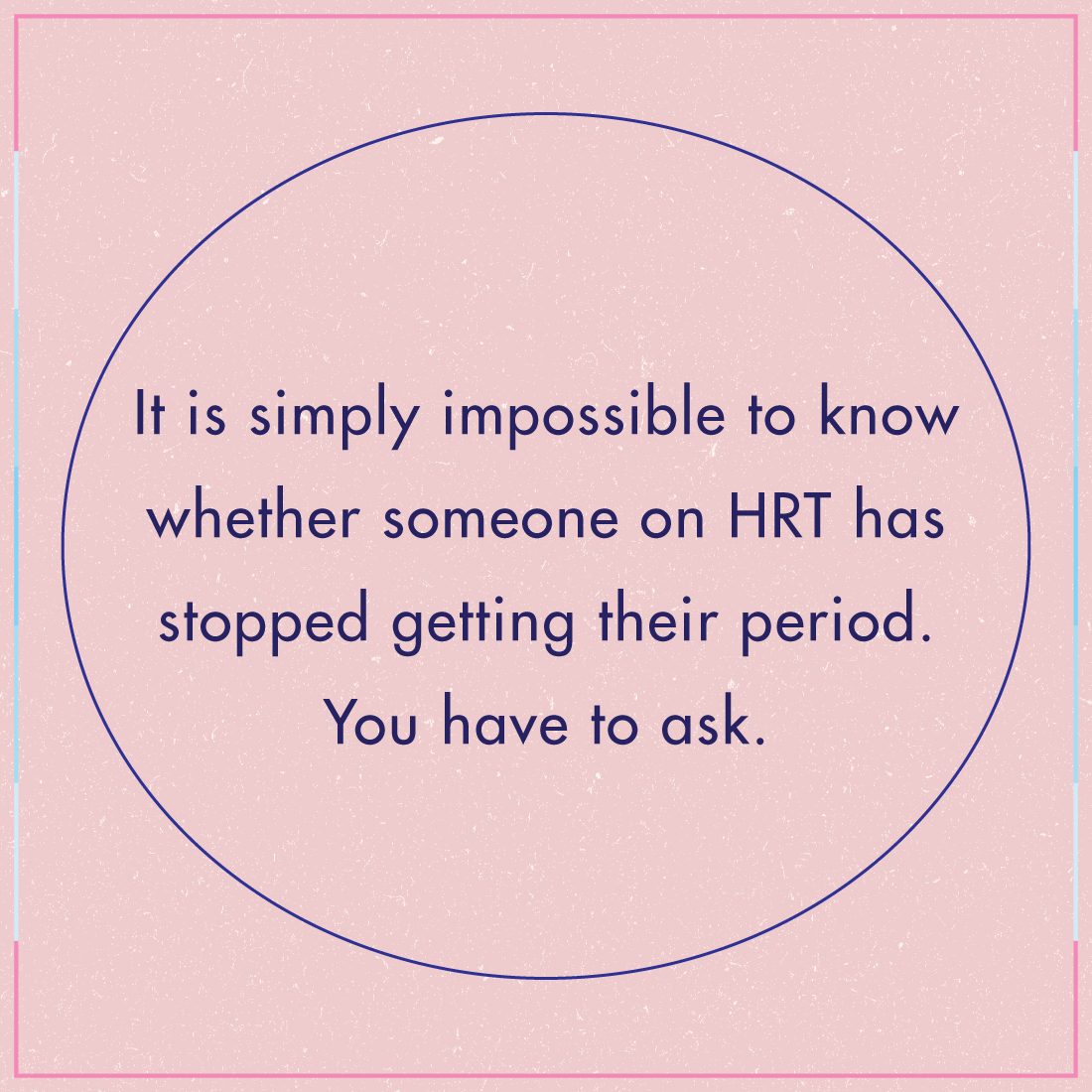
The first and biggest misconception I've encountered multiple times is about periods. No joke. This is a big one. This can be a touchy conversation for any AMAB person, especially if they weren't raised with moms or sisters who were vocal about it, regardless of orientation. As humans who don't get periods and unceremoniously bleed out of one of their holes for a week out of every month, I understand why AMAB people are less than keen to discuss this topic. For cis gay men who may not have had sex with an AFAB person in a long time or possibly ever, I see how there could be even greater confusion depending on their environment growing up. If it was taboo at home, in school, or both to discuss these things, how would they know? Throw on an extra layer of complication with hormone replacement therapy (HRT), and it gets even more complicated and nuanced. Many cis men I've talked to seemed to be under the impression that menstrual cycles ceased immediately upon beginning HRT. For most transmasc people, that's not the case. In fact, no one has told me their period stopped arriving monthly within 1-2 months of taking testosterone (T).
To be fair, when I first started on T, even my mom asked me if I'd stopped getting my period after like… a month. I hadn't. Each person is different: it's dependent on the delivery method of the testosterone, the dose, and the individual person's body chemistry. It is simply impossible to know whether someone on HRT has stopped getting their period. You have to ask. If you are too squeamish to have this conversation with a transmasc person, you might need to consider whether you are not ready to be intimate with someone trans.
Because you're a trans masc person, you must be a _____
Another common misconception is about what trans people do or don't want to do with their bodies. These ideas, in my experience, tend to be projections of what cis people feel about themselves and their own bodies, and I've run into these kinds of preconceived notions with both cis-male and cis-female people. Out in the lesbian scene, it seems that a lot of femmes assume that if you are butch-presenting and transmasc, you are automatically a top; in the cis-male gay scene, the most common presumption tends to be that you are a bottom. None of this, of course, is true. The same way there are cis-gendered people who identify as top, bottom, vers/switch and side, there are trans folks who identify with all of those labels, too.
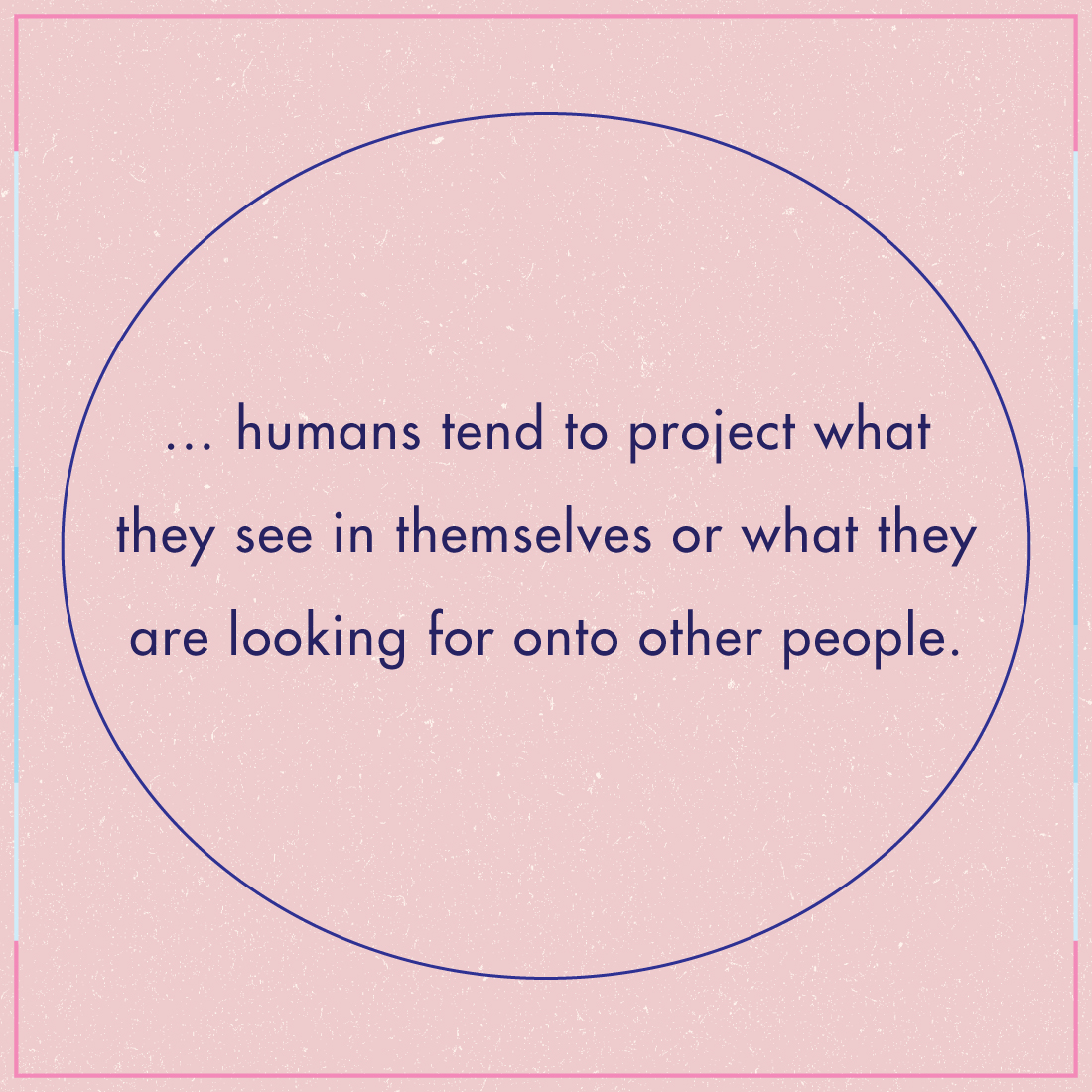
Are there trans men who are tops, do not want to be penetrated in any capacity, and may or may not be interested in a phalloplasty? Yes. Are there trans men who are bottoms and have little to no interest in penetrating people? Yes. Are there trans men who are mostly bottoms but also enjoy being a fisting top? ABSOLUTELY. You should also never assume that you know what hole someone wants to be penetrated in if they are a bottom. Not all transmasc people and trans men feel dysphoria about their vaginas. We'll get in a little deeper about what people call their parts later.
As I noted above, humans tend to project what they see in themselves or what they are looking for onto other people. If someone is a lesbian femme who identifies as a bottom, they might look at me and see a butch top they want to fuck them with a strap-on; if they're a cis-male gay top, they might look at me and see an (anal) bottom with a huge ass. Just because it's what someone sees in you does not mean you need to be that. You're great as you are, whatever that is!
FAQS
Here are the most common questions that I receive from cis-identifying male people in the gay community about sex with T-boys and transmasculine people:
Q: I find myself really attracted to a couple of trans guys I've met recently, but I have no experience with a vagina and don't know what to do with one.
A: Here's the great news: there are tons of educational resources you can tap into to get you going. First, let's assume that you have already discussed this with a particular person you want to hook up with or that you are trying to educate yourself ahead of a hypothetical situation so you don't feel unprepared when it comes up.
Second, the vagina of an AFAB person and the booty of an AMAB person are anatomically quite similar. The G-spot on an AFAB body and the prostate (or P-spot) on an AMAB body are homologous anatomical structures, which just means that they are located in a similar place and react to similar kinds of stimuli in the same way. Both are located about one to three inches inside the vaginal and anal cavities; both are usually stimulated with rubbing and pressure up towards the belly; and people can and do orgasm from both! If you're a cis-male person who predominantly identifies as gay, chances are you are either familiar with your own or someone else's prostate (unless you identify as a side, and maybe none of this is relevant!). It's really not that different with the G-spot. Typically, you won't need to use as much lube or reapply the same way you do with anal stimulation, though you may depending on how far someone is in their transition. Aside from that, it's really not that different-and I say that as someone who has played with a lot of different kinds of holes.

Third, when it comes to oral on a trans man or a transmasc person, that will vary greatly based on a few factors. As one cis-male pansexual friend of mine put it, "Soft tongue is key, whatever you're doing." That, in general, is pretty good advice. If the person is on T, there's a good chance their sensitivity has gone way up, so I'd recommend starting out gently unless instructed otherwise by the person. You can always add more pressure if you're getting the go-ahead to do so from a partner. Additionally, you can treat someone's clitoris/bottom growth like a penis, since again, they are very structurally similar. Just like the head of a penis, the head of a clit is very sensitive!
Q: I meet trans guys who I'm attracted to in personality but they're like… not masculine enough for my taste in terms of looks. What should I do?
A: Stop right now, thank you very much. If you're ever having the thought that the way someone looks or presents isn't {insert preference here} enough for you, back away. This is a toxic approach. Either a) wait for this person to become more masculine as they continue to transition and wait to approach them; b) accept this person where they are right now if there's enough attraction in other ways; c) walk away because realistically you're behaving in a way that is transphobic and communicating the message that being passable is the only way to be acceptable.
Q: I don't think I want to do things with a vagina, but I might be interested in trans men. Where does that leave me?
A: This is probably the weirdest and most difficult question to answer. When someone asked me this, I basically redirected him back to the first question and asked if he's just nervous about and intimidated by interacting with a vagina. He said yes; then his friend (who was also involved in the conversation) doubled down and made it clear that he thinks vaginas are gross, which left me feeling very uncomfortable.
If you genuinely cannot imagine interacting with a vagina and are truly not into it, then either trans men and transmasc people are not for you, or you should just keep your eyes peeled for a trans person who identifies as an anal bottom, side, etc.
HELP ME FIGURE THIS ISH OUT!
Now that you've received a bit of a primer from the transmasc perspective, here are some tips on how to approach and have (successful!) sexual or intimate relations of any kind with a T-boy. I've come up with an acronym to help y'all keep it… well, not straight, but hella gay!
RANDY
Respect & Research
Approach
Newness
Dysphoria
Yes (And)
Respect
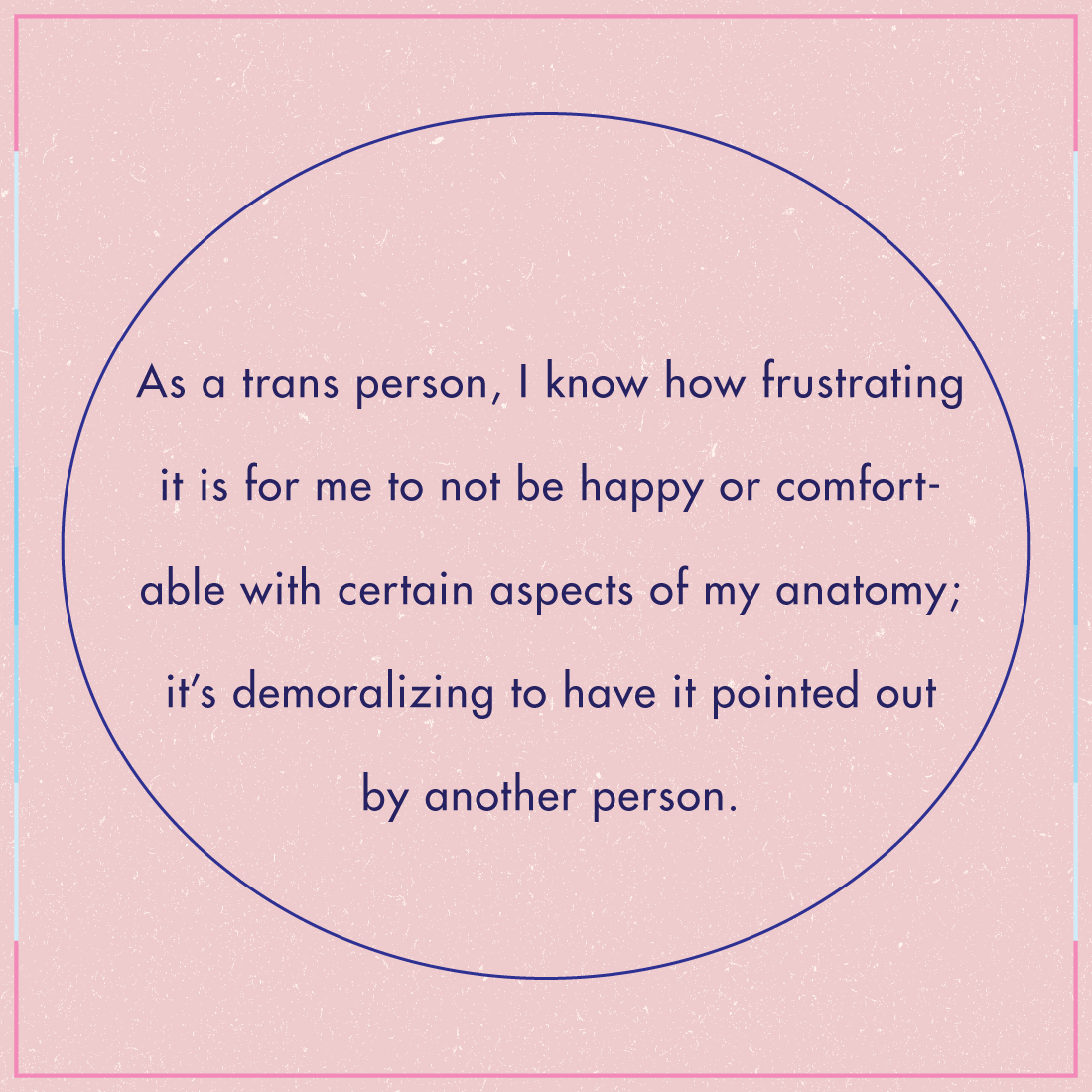
Respect is one of the founding pillars in the leather community along with honor and trust. If you plan to approach someone trans for sexual or intimate relations of any kind, you shouldn't just respect them in a general capacity as it pertains to them simply existing, but also respect where they are in their transitions, wherever that is. If you're having thoughts or feelings like, They're so cute but I wish they had more facial hair or I like them but am not sure how I feel about their chest (if it's someone who hasn't had top surgery), take a pause. Is this really the person for you right now? It's okay to stop, reevaluate, and decide to approach that person at a later time or if your feelings change. As a trans person, I know how frustrating it is for me to not be happy or comfortable with certain aspects of my anatomy; it's demoralizing to have it pointed out by another person. It just sends the message that I'm not enough the way I am right now, and that's something I struggle with frequently. Respect the person's experience and place in their transition right now and you'll come out much farther ahead.
On the flip side, if you're approaching a trans person from a fetishizing stance-these people are usually referred to as "trans chasers"-you aren't respecting the person, either. Most importantly, if you self-identify as heterosexual and want to approach a trans man/transmasculine person with the mindset that you're still straight because you'd be "putting it in the right hole" (the front hole), you also have an issue with respect. I see this expressed most often on the dating and hookup apps like Grindr, Sniffies and Scruff where this sentiment is pretty common: If I put my dick in a vagina, I am still having straight sex. That said, I should note that I have yet to encounter this in person and have only seen this expressed online.
If you are a cis-identifying male person who is attracted to and wants to have sex with trans men, you are engaging in queer sex. Strap-on sex is queer sex, regardless of the hole. Sex between two masculine-identifying people, whether cis or trans, is queer sex. Get over it. If you can't get over it, you have no business engaging in intimate and/or sexual queer relationships.
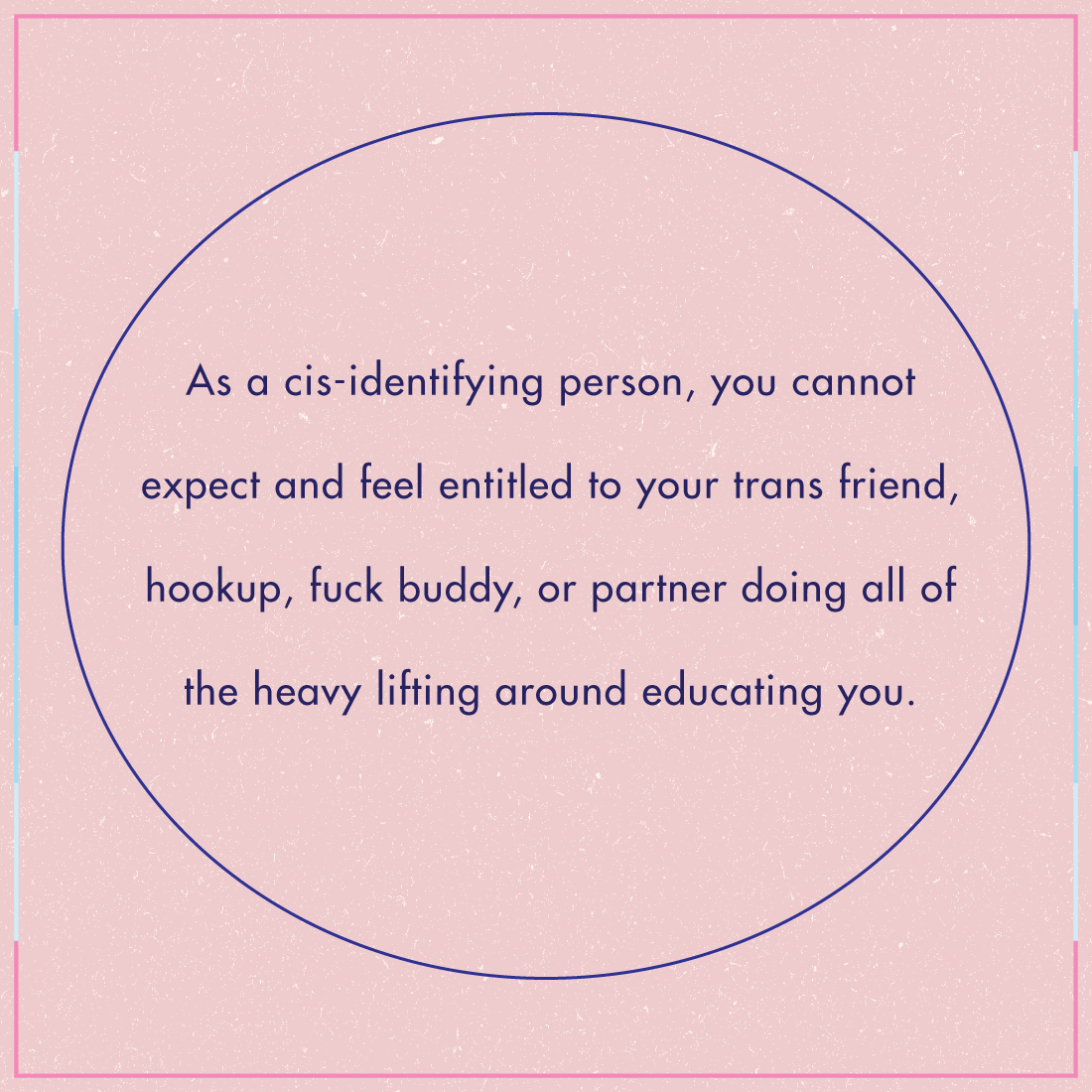
Okay, now on to the "research" part of this. As a cis-identifying person, you cannot expect and feel entitled to your trans friend, hookup, fuck buddy, or partner doing all of the heavy lifting around educating you. You need to do this yourself. The internet is full of resources… like this article! Instead of, say, being put off that someone is asking you to use a condom because you are uneducated and just thinking about how it doesn't feel as good (let's be honest, it doesn't), if you respect the person you will either accept this off the bat and if you have done your research it will occur to you that this person might still have a menstrual cycle and be a pregnancy risk.
While I love that we have medications available like PrEP, it's had a direct impact on the viability of barebacking in the queer community. It's made barebacking less of a scary prospect and it's now become pretty standard. In fact, asking someone to use a condom puts off a lot of cis-gendered men. If you, as a cis-gendered person, encounter this with a trans person, it's more than okay to ask what their concern is to better understand their situation. Maybe they don't have a period anymore, but they aren't on PrEP and it's about that; maybe it's not. You won't know until you ask. Let me be clear: the purpose of asking is to better understand a trans partner's situation. Not to weaponize their reason and use it against them in an attempt to convince them not to use a condom if they ask.
Approach
You've gone through questioning whether you respect a particular person or trans folks in general and you've come to the conclusion… that you're down! This will probably seem incredibly simple, but let me phrase this as plainly as possible: approach trans men and transmasc people the same way you'd approach anyone else. We don't want to feel weird and othered and like you need to behave differently with us. In fact, if you do, we'll probably notice it and it will most likely be off-putting.
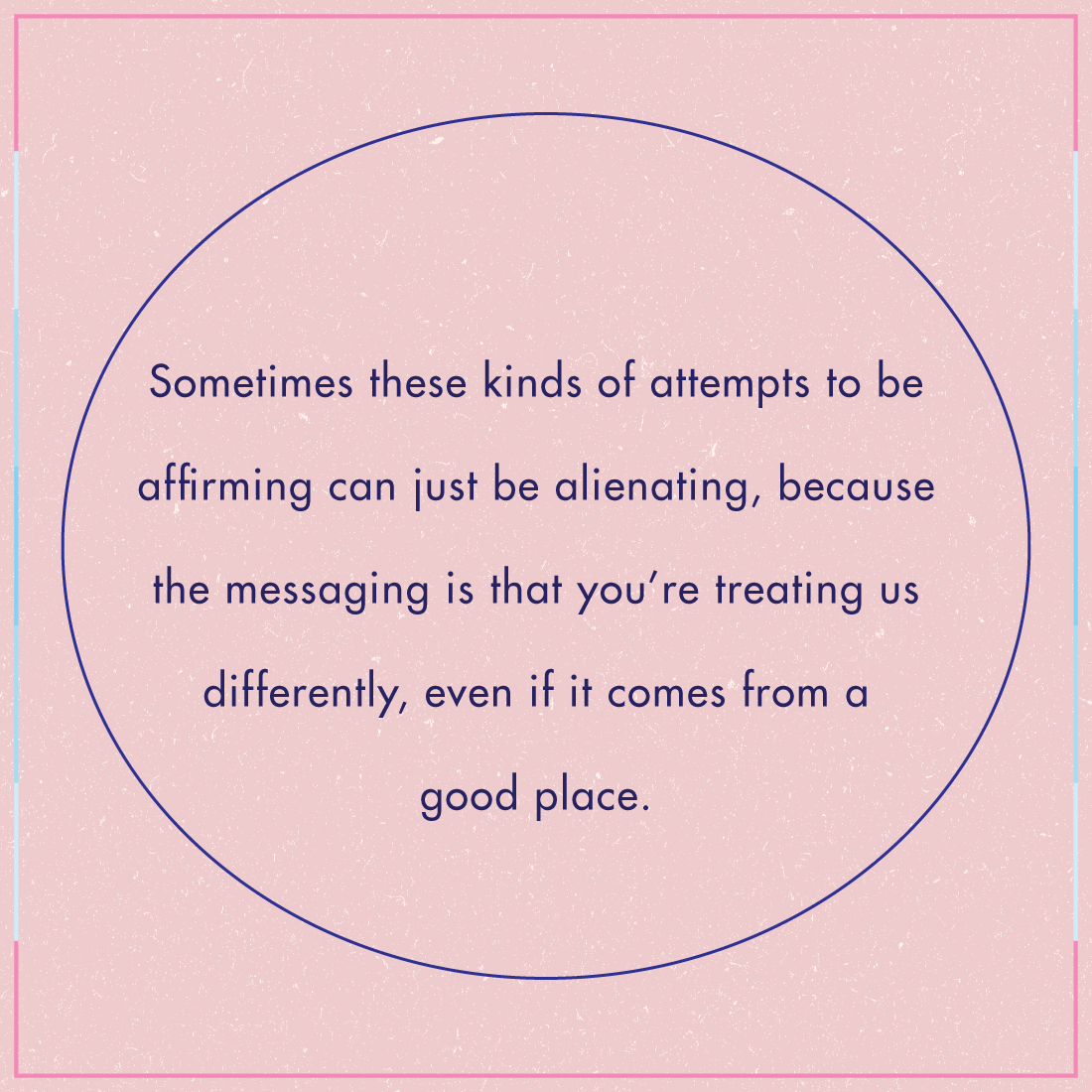
I've experienced this sometimes when I notice friends always addressing me as "dude," "bro," "man," etc. in an attempt to affirm me, even if it's not sexual. It can be strange, especially when I notice that they don't address any of their other male friends this way. Sometimes these kinds of attempts to be affirming can just be alienating, because the messaging is that you're treating us differently, even if it comes from a good place.
On the other side of the coin, if you've decided you're down and you approach someone who you think is cis-gendered and find out they're trans… no biggie! You're already down. It's okay to have some follow up questions if the person hasn't made it clear what they're into and the like, the same way you would if you approached someone thinking they were a top and found out they identify as a side. It doesn't mean fun things can't happen, it just might be a little different than you'd originally thought or expected. If you can go with the flow and you're open to it and you're attracted to the person, go for it!
Don't overthink it. Seriously. You'll make things weird, bro.
Newness
Depending on how far into someone's journey you're meeting them, there may be some elements of newness. Frankly, this can happen with cis-gendered folks, too, if they're exploring an area of new sexual or kink territory. That said, with trans folks I think it might be prudent to prepare for an extra level of newness if either a) you're new to sex with trans folks or b) the trans person is only a year or two into transitioning.
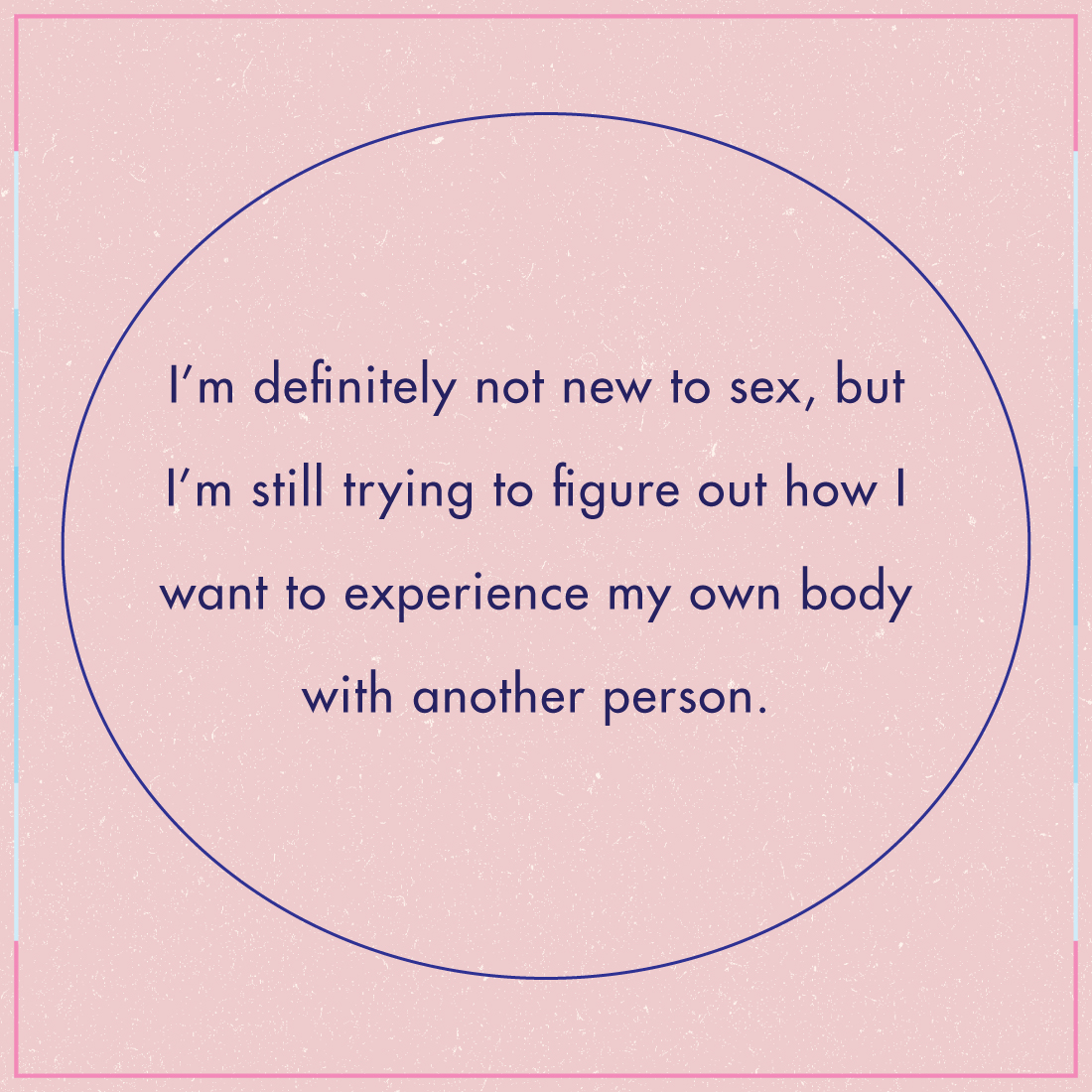
To be totally frank, I've had sex with men and women-cis and trans-prior to transitioning. Since I started to formally begin transitioning in March 2023, I haven't had "sex" with another person: I got fisted by a transmasc friend at a party and I've done some waist-up fooling around with both cis men and women, but that's about it. I'm definitely not new to sex, but I'm still trying to figure out how I want to experience my own body with another person. That might sound incredibly silly, but it's true. There is some unreasonable fear in my head that I will "turn into the girl" with a cis-male person and that I will default into a feminine mode. While I'm pretty sure this is a totally unfounded fear, I also don't find it entirely unreasonable.
Even if someone is 10 years into their transition, if they're trying something new for the first time or doing something they haven't in a long time, it may bring up questions for them. Give them space to figure it out and be sensitive to that newness. Think about it this way: this person is allowing you to explore this with them and is letting you in. Don't abuse that privilege and honor your role in it.
Dysphoria
Body issues: we all have them. Cis, nonbinary, trans, genderqueer-doesn't matter. I've never met a single person in my life who didn't have some hang up about their body. Even my hottest friends make the most seemingly random comments about things they don't like.
Dysphoria as it relates to gender presentation crops up in different ways for each person. One transmasc person's peak dysphoria may be their hips and anything that gives them an hourglass figure; another trans man's dysphoria might relate to his chest or genitals or just lack of overall buffness and muscularity. Instead of assuming what you think someone's dysphoria might be, it's better to just ask if you're getting intimate with someone. For example, if the person hasn't had top surgery yet, it would be prudent to check in and see if they're okay with you touching their chest.
Yes (And)
If you are cis-gendered person who wants to be intimate with trans men and transmasc folks, it'll play a lot better if you're educated at least a little bit. You don't have to know everything; I certainly don't. The fact that someone made an effort to research and think about what they should ask me or be prepared for lets me know that I'm not a one-time novelty fuck.
If, for example, you're a cis male person, here are some questions (yes and!) that you might want to bring to the table and expand upon:
- What the person's hole preference is if they're a bottom
- What to ask: What hole do you prefer? What's your favorite hole?
- What not to ask: Do you want me to stick it in your pussy or your ass?
- How to assess any STI/pregnancy concerns a bottom might have if you're engaging in cockpit (front hole) play
- What to ask: Do you still have a menstrual cycle/period? If so, are you on some form of birth control? (If the word "menstrual" is too delicate for you, you can say "moon cycle." If the entire topic is too fraught, then perhaps you should consider not having sex with whom you don't feel comfortable discussing these topics.)
- What not to ask: Do you still have your baby maker bits? Can you get knocked up?
- How to find out what someone calls their parts and the words they'd like you to use
- What to ask: Do you have a preferred name or term for your hole? What words do you like to use in the bedroom? What words make you feel sexy about your body?
- What not to ask: Can I call your bottom growth a dicklett? Do you still call it a pussy/clit?
This article is by no means exhaustive, but hopefully it'll give some of you a foundation and place to start if you're looking to have sex with T-boys but have no idea where to start. Have fun, get sexy and stay RANDY!
 J. Carter {he/they} is a transmasc and nonbinary queer writer and multidisciplinary creative in Los Angeles. He has been an active member of the queer and kink communities in Los Angeles since 2018 and has been facilitating workshops on sex, kink, and pleasure since 2020. In September 2023, he won the title of Mr. Sister Leather 2024 and is the current title holder for the Los Angeles Sisters of Perpetual Indulgence.
J. Carter {he/they} is a transmasc and nonbinary queer writer and multidisciplinary creative in Los Angeles. He has been an active member of the queer and kink communities in Los Angeles since 2018 and has been facilitating workshops on sex, kink, and pleasure since 2020. In September 2023, he won the title of Mr. Sister Leather 2024 and is the current title holder for the Los Angeles Sisters of Perpetual Indulgence.






